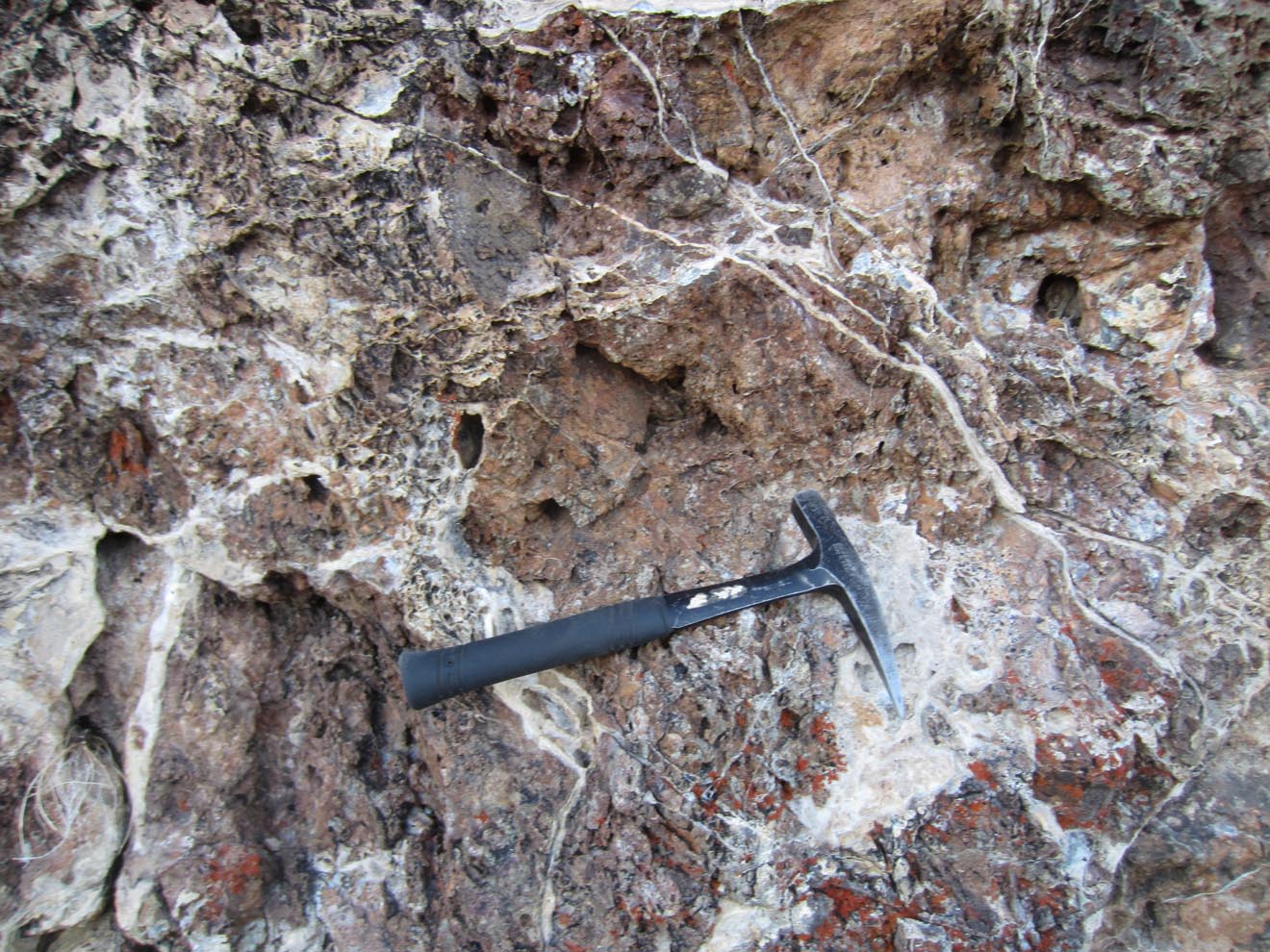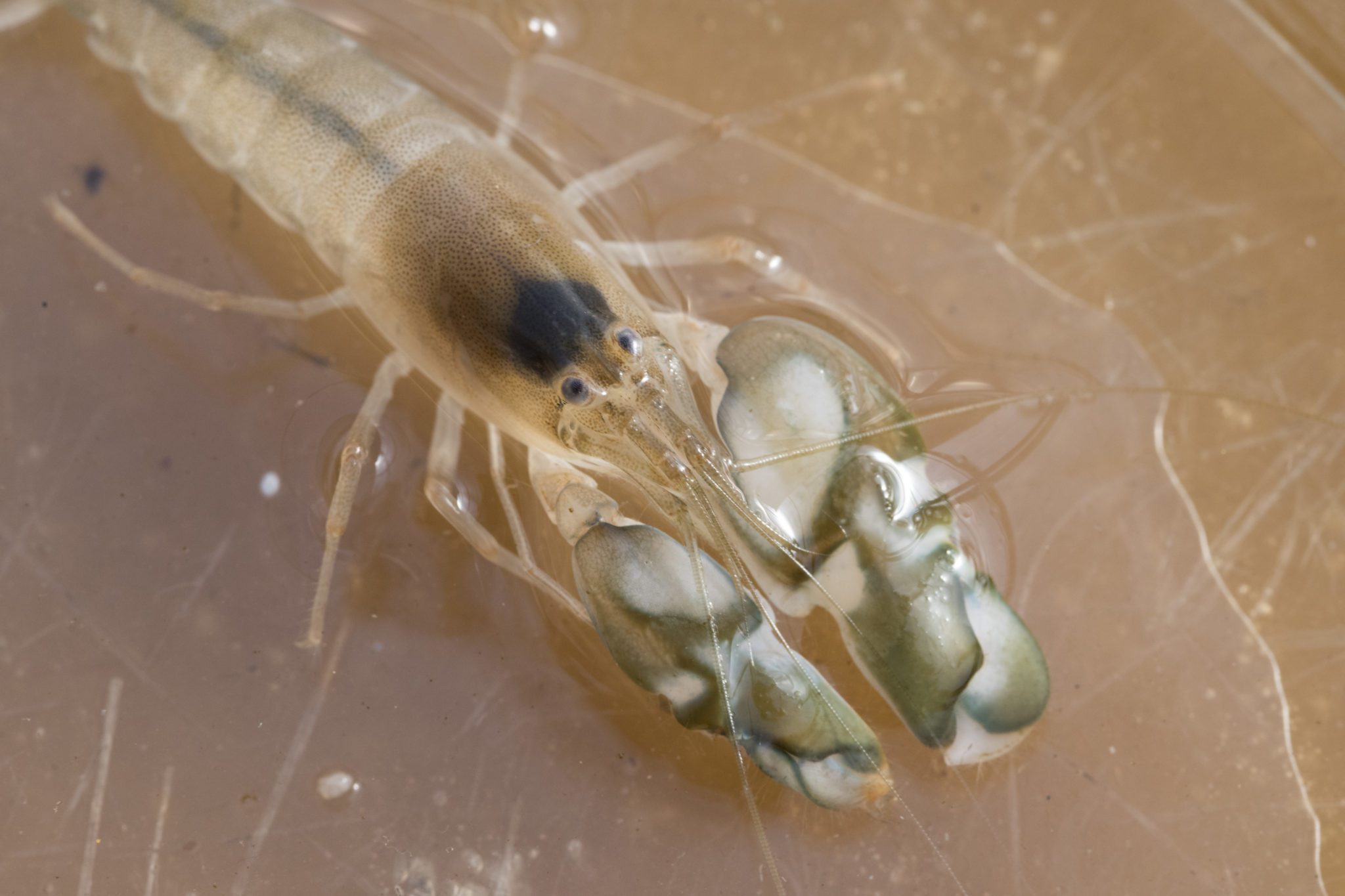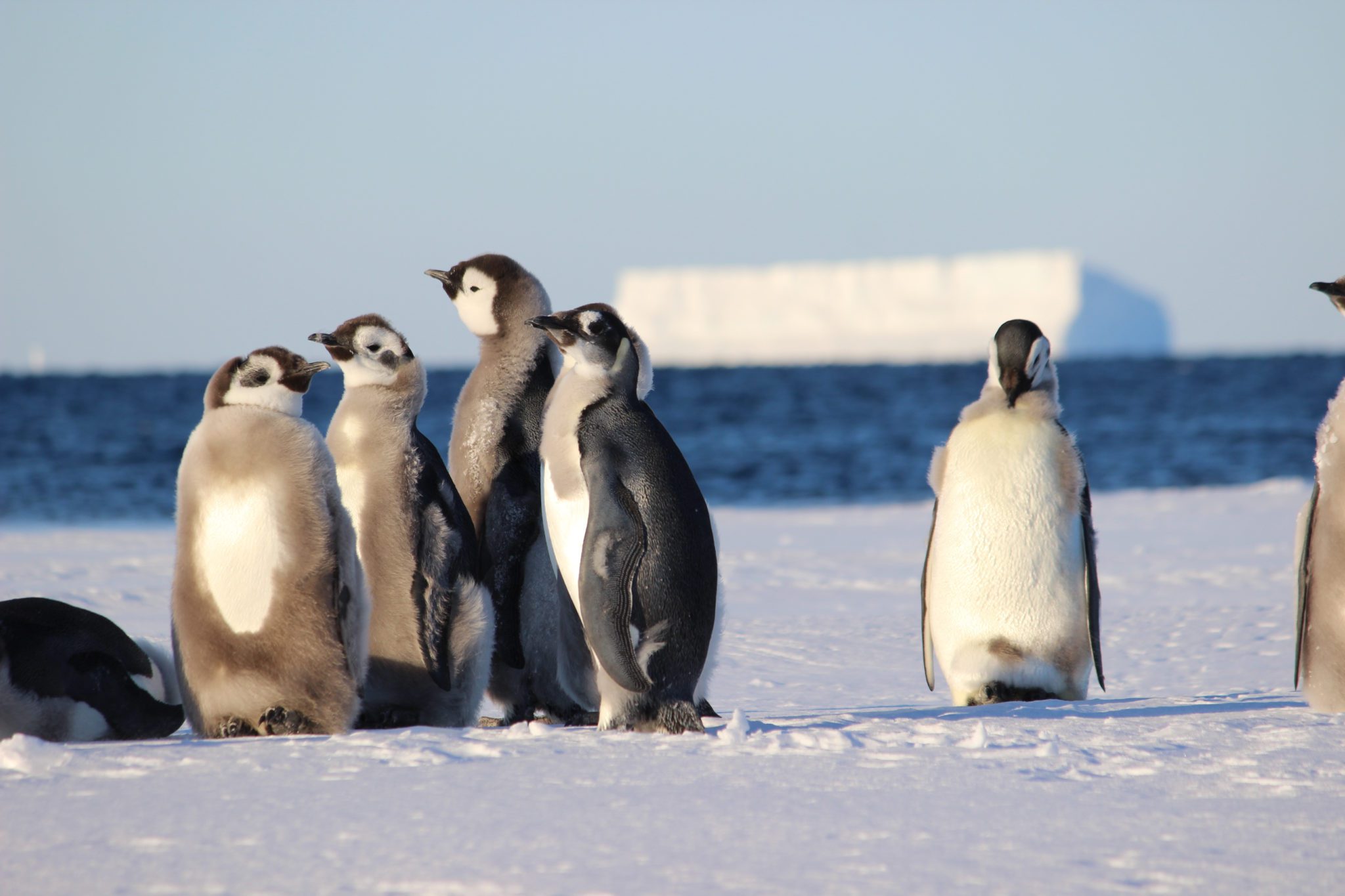
Geological carbon sequestration in mantle rocks prevents large earthquakes in parts of the San Andreas Fault
Woods Hole Oceanographic Institution
Published: 17 August 2022
Researchers found that carbonation of serpentinite in segments of the San Andreas Fault creates talc, a weak mineral that promotes aseismic creep. This natural process may help prevent major quakes and has implications for global fault systems.

As oceans warm, snapping shrimp sound a warning
Woods Hole Oceanographic Institution
Published: 18 August 2022
A WHOI study found that rising ocean temperatures increase the frequency and volume of snapping shrimp sounds, altering the marine soundscape. This change may affect species navigation, communication, and ecosystem dynamics.

Marine Protected Areas in Antarctica should include young emperor penguins, scientists say
Woods Hole Oceanographic Institution
Published: 31 August 2022
Juvenile emperor penguins spend 90% of their time outside protected areas, making them vulnerable to threats. WHOI-led research urges expanding MPAs to include juvenile ranges for effective species conservation.

